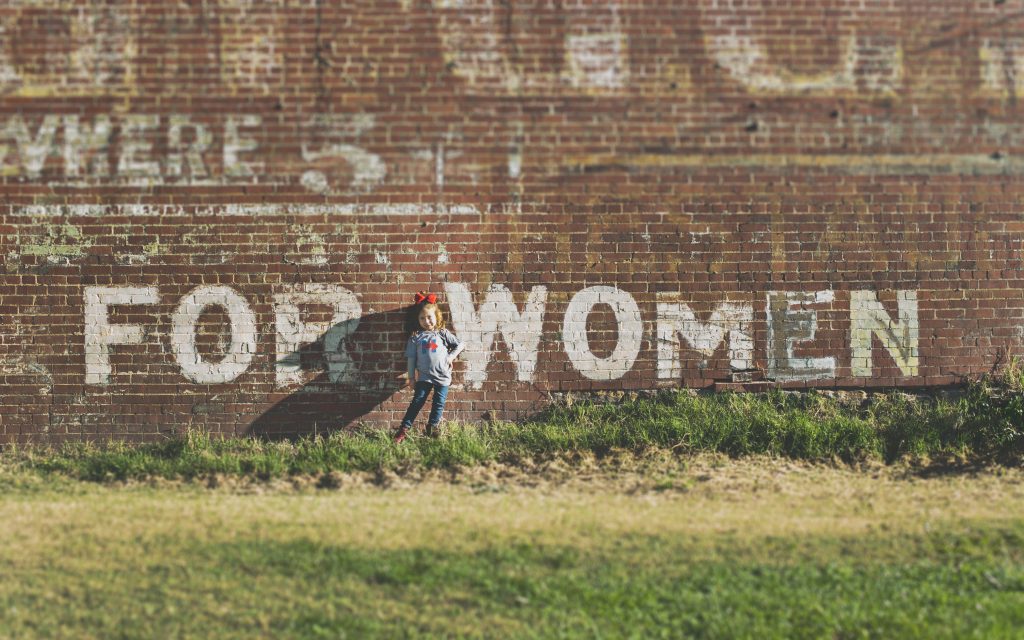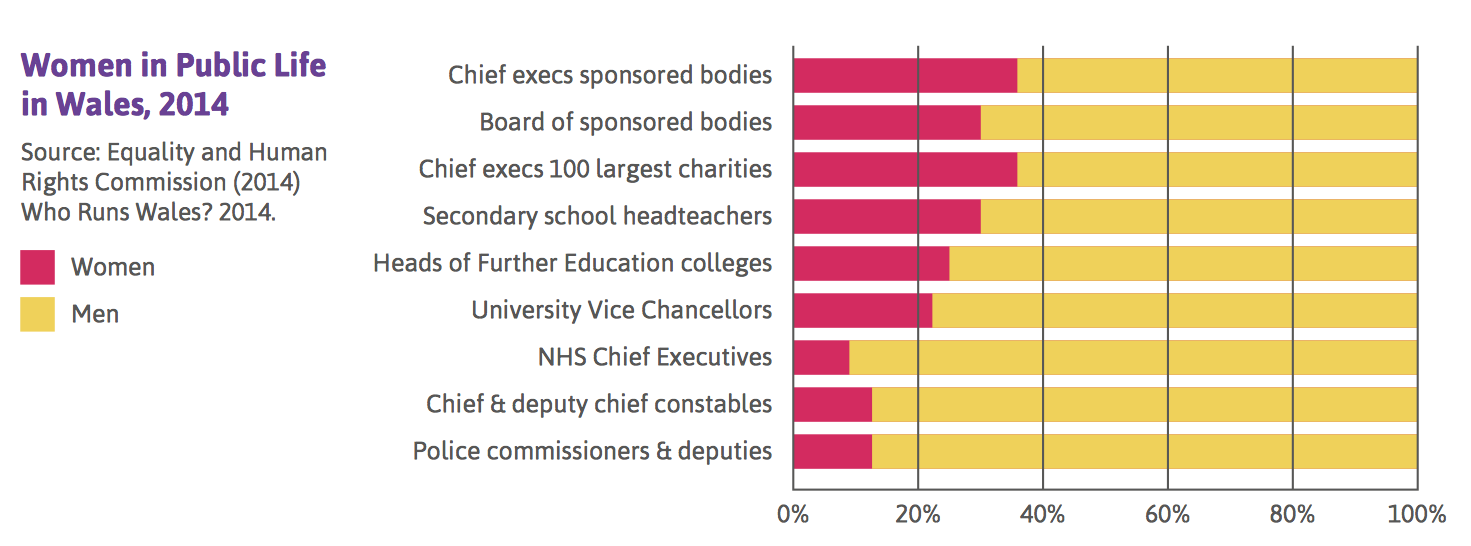 Subscribers Only
People
Subscribers Only
People 
Despite the fanfare about women now being one third of MPs elected to Westminster, the chorus of ‘Ayes’ broadcast on Radio 4’s ‘Yesterday in Parliament’ as the new Speaker was elected sounded much the same as before – overwhelmingly male.
Wales of course was – and still is – ahead of Westminster in having 42% of its Assembly members being women. Indeed for an all too brief spell, Wales had a 50:50 gender balance in its AMs, making it the most equal government in the world. In this respect at least, devolution achieved a great deal for women.
Less often discussed is what devolution didn’t do for women. This was the original, provocative title of one of the briefings we prepared recently for the Women’s Equality Network Wales – now a more sober ‘The Position in Wales Today on Devolution‘.
The title may have been changed – but the message is the same.
For all the fanfare about gender equality, women’s position in Wales remained deeply unequal. Women’s representation in public life outside of the Assembly remained stubbornly low – ‘dire’ according to Prof. Laura McAllister. Just look at these figures:
- only 27% of local authority councillors are female
- just 9% of local authority leaders are female
- only 2 out of 8 places on the Silk Commission were taken by women
- and so on.

It’s not only about female representation.
More than a decade of devolution has also failed to tackle key areas of gender inequality. Despite the efforts of individual AMs and successive Welsh Governments, huge inequalities persist in employment, pay, responsibility for caring and risk of domestic violence – to name but a few.
This is not surprising.
Disappointing this may be, especially given the fanfare about gender equality in the Assembly’s early years, but it is not that surprising. The Welsh Government did not (and still does not) cover the key levers – taxation, benefits, marriage and divorce laws, criminal justice, employment law are all UK Government responsibilities.
Even when the Welsh Government does control the levers, lack of certainty about the Assembly’s powers, policies that were declarations of intent rather than delivery plans, and the Assembly’s reliance on other public bodies – who may not have shared its zeal – to deliver services, all slowed progress.
And now?
The Assembly elections in 2016 are widely expected to see a further decline in the number of women AMs. Many notable women who contributed to Wales’ world-beating reputation are retiring, from Rosemary Butler to Gwenda Thomas. It is far from certain that they will be succeeded by a new generation of young women politicians, whatever their political colour.
Equal representation of women in public life matters.
The lack of female representation is not the wingeing of an old feminist. Having women fully engaged in public life matters – the evidence shows that women help organisations address a wider range of issues, encourage a different style of debate and bring different experiences to the table. We are not a special case, but good for government.
The early years of devolution were a start – but they didn’t and indeed couldn’t do it all. What must not happen is a reversion to the dark days of not so long ago, when low levels of female involvement in public life was the norm and Neanderthal attitudes to women abounded.
Victoria Winckler is Director of the Bevan Foundation.
The briefing is available here.


